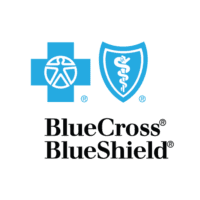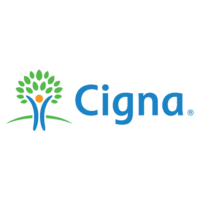Sandstone Care has recently opened a sober living home for transitional living program in the Washington DC area for young adult males. Searching for a sober living residence can be overwhelming.
Addiction and substance abuse are systemic issues, meaning they don’t just harm the individual, they harm everyone who cares about that individual as well and the road to recovery can be difficult.
Residing in a sober living home has been shown to be an effective way of helping people obtain and maintain sobriety.
For young adults, a sober living home can provide the first steps to living independently while receiving support and structure while in recovery. These homes provide a community feel, with each resident striving towards the same goals and facing similar challenges.
Each sober living house is different. They all come with their own set of rules, expectations and structure.
If you or a loved one are struggling with substance abuse and are considering this option, here are some questions you might want to consider.
1. Are there blackout periods?
Depending on the treatment philosophy of the provider, many sober living homes have a period of time where the use of electronics is not allowed. This can occur during a phase of treatment or for a period of time when the person moves in.
Other facilities will only take away phones/electronics when a rule in the home has been broken. Sandstone Care does not have a blackout period for electronics.

2. Is the organization running the home licensed and credentialed?
With drug addiction on the rise in this country, more and more sober living homes are opening, but are not licensed or credentialed. States are beginning to catch on and passing laws to establish criteria and credentialing processes.
The National Alliance For Recovery Residences (NARR) is the governing body for sober living homes that provides standards, support services, and advocacy for treatment providers who own and operate these homes. http://narronline.org/.
The sober living home in Maryland is fully credentialed through NARR as well as licensed by the state of Maryland.
Similar to the licensing question, find out the qualifications of the house managers
running the home. What contact do they have with supervisors and the clinical team? What types of training and/or certifications do house staff have who are living in the home.
Our Accreditations
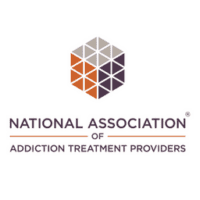

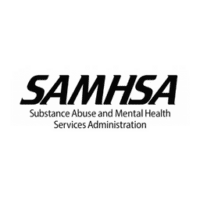
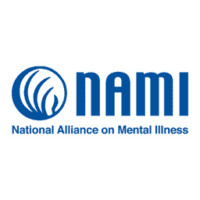
4. Is there a requirement to be in therapy?
By looking at the expectations to maintain residency, the sober living home will typically outline what type of treatment is required.
Some sober living options offer in-home groups such as NA or AA; others might require a resident to find an individual counselor that they see regularly. There can be components of individual, group and family therapy.
At Sandstone Care, clients will be involved in treatment while living at the home.
5. Are there considerations for special populations?
Ie. Co-occurring mental health, young adults, gender, women with children. Most sober living residences are welcoming to individuals with co-occurring disorders.
However, if using insurance as the form of payment, paying attention to which diagnoses are being listed and if they are approved by both parties can be important.
Certain recovery houses are offered specifically to young adults where they can live with others who are dealing with similar issues of growing up, becoming more independent and learning how to relate to their parents as adults.
Although not common, there does exist sober living homes that allow women and their young children to live at the house together.
Some research even suggests that everyone in the home benefits from this environment; group childcare, heightened responsibility and present familial reinforcement being cited as possible reasons for this.
6. How does it get paid for?
In many cases, living at a recovery house also entails an employment piece. Residents are often expected to be actively searching for a job or maintaining one. This can be a possible solution to covering the cost of the home, although there are many others.
Insurance, SSDI, grants and some government housing funds can be allocated to a sober living resident. Nonprofit organizations have also been known to fund free sober living homes as well.
In Network With All Major Insurance
7. How long can I stay?
Generally, most sober living homes allow residents to stay as long as they abide by the rules and expectations of the house. The National Institute on Drug Abuse reports that the length of time a person spends in substance abuse treatment can directly influence their outcome in recovery.
Their recommendation is 90 days with the best results being observed after at least a year of living in substance-free housing.
8. What are the requirements for living there? Do I have to work or be in school?
Each home is going to have different stipulations for what must be done to maintain residency. What can be expected is that every home will require at least some form of skill development.
For our homes, young adults must have a job or be enrolled in school.
9. How can I find the right home for me or my family member?
Finding the right home first takes some self-reflection. Asking, “what is going to put me and my family in the best position for lasting recovery?” might be a good place to start. That looks different for everyone, be willing to ask around and do some research before making a decision. At Sandstone Care, we will work with you to find the best treatment option whether it’s at Sandstone or another facility.

10. Does the home offer programming? Ie. academic/vocational help, recreational activities.
Sober living homes for transitional living program vary in the amount of programming and support is available. At Sandstone Care, we offer academic and vocational programming, group activities on the weekends, and life skills training.
If you are looking for a Sober Living home in the Washington DC area, contact Sandstone Care for additional information. We can help you find the best place to begin your road to recovery.
In addition to our sober living home in Rockville, we have outpatient treatment offices in Maryland and Virginia.





